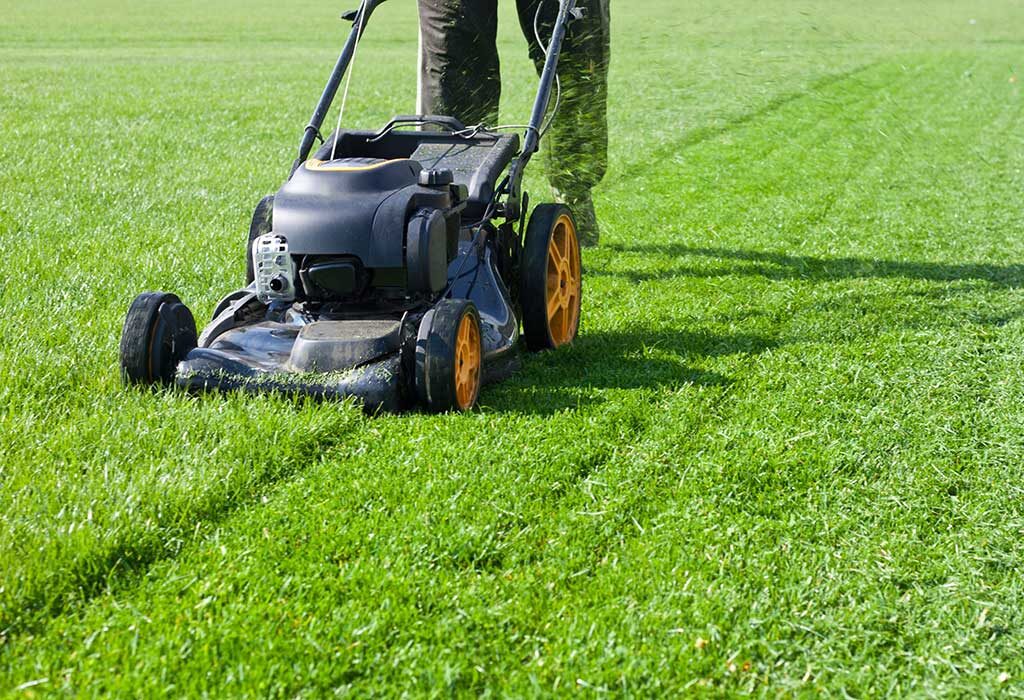Vertical gardening techniques are changing the perspective about garden design, opening up a new opportunities for compact and vast areas. As urban environments continue to grow, many property owners and organizations are realizing the benefits of raising their gardens by growing vertically rather than outward. This new strategy not only optimizes small spaces but also contributes an appealing feel to your yard, turning walls and fences into lush green backgrounds.
With the appropriate layout and plant selection, vertical gardens can improve the overall beauty of your property while supporting a better environment. But as with any garden project, it is important to consider the advantages of getting professional assistance. content landscaping services offers expert insights into choosing plants, year-round care, and management—ensuring that your vertical garden flourishes throughout the year. Whether you are a experienced gardener or a novice looking to maximize your outdoor space, understanding the value of investing in expert landscape services can significantly affect the outcome of your planting projects.
The Value of Professional Landscaping
Investing in expert landscaping offers property owners and commercial entities a variety of benefits that go beyond mere appearance. Choosing a landscaping expert, you acquire access to their expertise and background, which can help you prevent common landscaping errors. Experts can select the best vegetation for your environment, guaranteeing that your landscape thrives. This degree of knowledge not only conserves you time and hassle but also boosts the overall quality and durability of your outdoor space.
One of the most significant benefits of professional landscaping is the possible boost in property value. Professionally planned landscapes can significantly enhance curb appeal, making your property more attractive to potential buyers. Research have shown that high-quality landscaping can elevate property values by as much as 15 percent or beyond that. This is an investment that is worthwhile, especially in competitive real estate markets where first impressions are important significantly.
Furthermore, employing a landscaping service facilitates a thorough approach to outdoor maintenance. Landscapers can carry out lawn care and maintenance strategies adapted to your unique weather conditions and soil conditions. This ensures a healthy lawn year-round, enhancing your outdoor experience while minimizing the work required on your part. Overall, the value of professional landscaping lies in its ability to transform your outdoor space into a stunning, practical area that enhances your property and lifestyle.
Fundamental Lawn Care Strategies
To ensure a thick & vibrant lawn, regular trimming is essential. Keeping your grass at the proper height not just enhances its look and also promotes stronger root growth. The general rule is to mow often enough that no more than one-third of the grass height is trimmed at a time. This routine prevents strain on the grass and promotes denser growth, which helps to suppress weeds and resist diseases.
Another critical practice is proper watering. Lawns typically require about one inch of water per week, either from rainfall or irrigation. It is best to water thoroughly and sparingly, promoting the roots to grow deeper into the soil. Early morning is the ideal time for watering, as it minimizes evaporation and allows the grass to dry out before night, helping to prevent fungal growth.
Feeding is also an essential component of lawn care. A balanced fertilizer helps to promote vigorous growth and lively color. It is important to follow a seasonal fertilization schedule, applying fertilizer in the spring and fall when the grass is actively growing. Always perform soil tests to determine the specific nutrient needs of your lawn, ensuring that you apply the appropriate type and amount of fertilizer for optimal results.
Sustainable Landscaping Options
Adopting eco-friendly landscaping solutions not only improve the aesthetic of your landscape but also contributes positively to the surroundings. One approach is incorporating indigenous flora into your garden design. Native plants are suited to the local environment, requiring less water and maintenance while providing vital environments for local wildlife. By choosing these plants, you can create a vibrant ecosystem that supports bees and promotes biodiversity.
Another effective approach is implementing water-wise gardening, which aims at creating a water-efficient landscape. This technique involves planning your landscape in a way that minimizes irrigation needs, utilizing plants that withstand drought, and laying mulch to retain moisture in the soil. By adopting water-wise practices principles, you can lower your water consumption significantly, which is particularly useful during warm and dry seasons, making your landscape beautiful as well but also environmentally friendly.

In conclusion, consider integrating hardscape features like porous surfaces and rain gardens into your landscaping. These elements assist in controlling stormwater runoff and reduce land degradation, while at the same time creating attractive outdoor spaces. By combining hardscaping with carefully chosen plants, you can establish a sustainable landscape that is both practical and aesthetically pleasing, ensuring that your yard contributes positively to the local environment.
